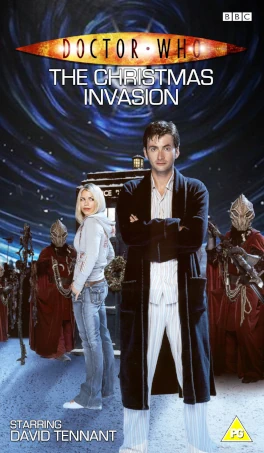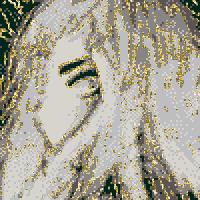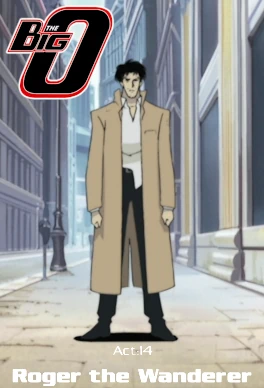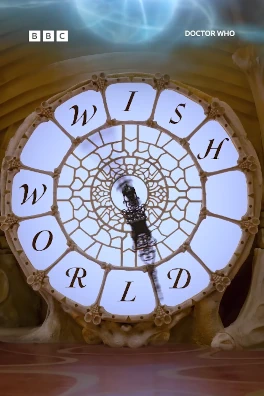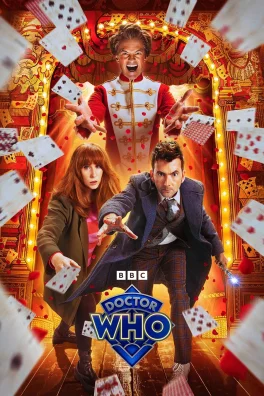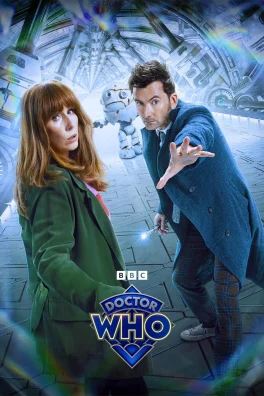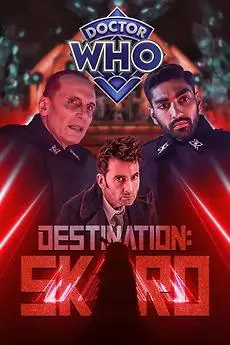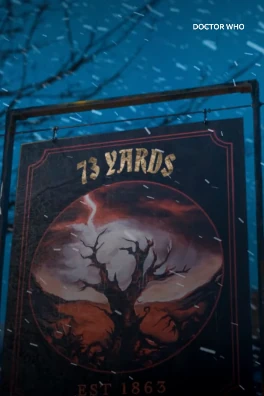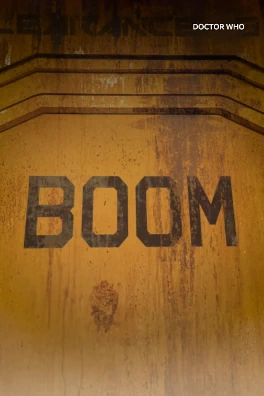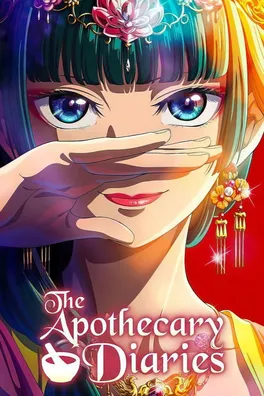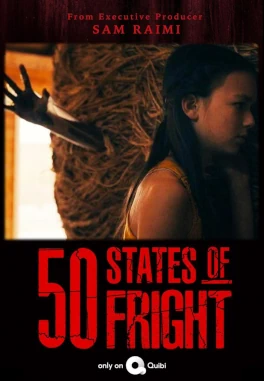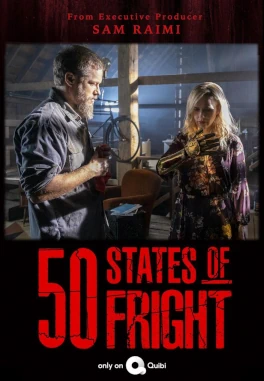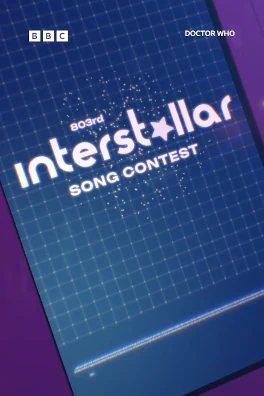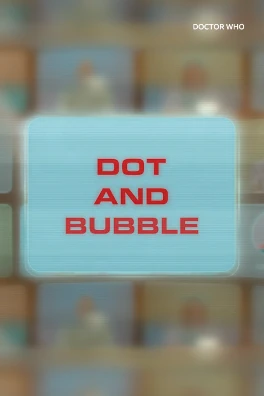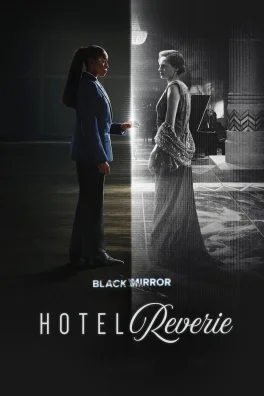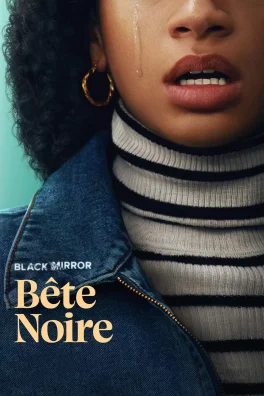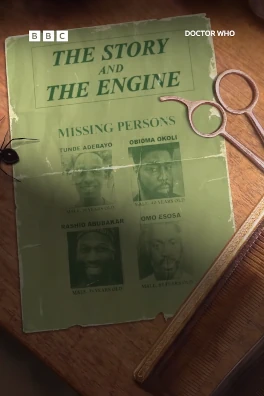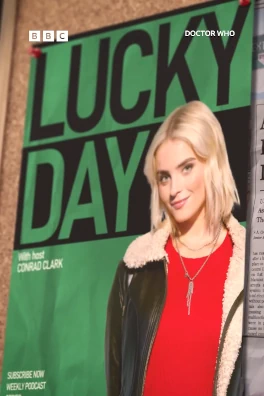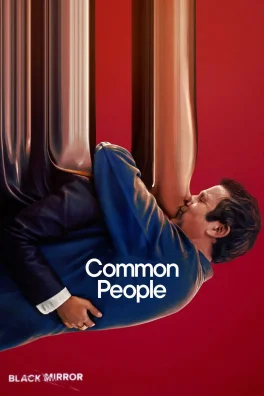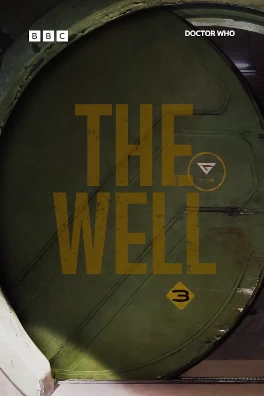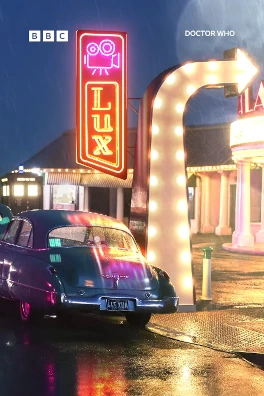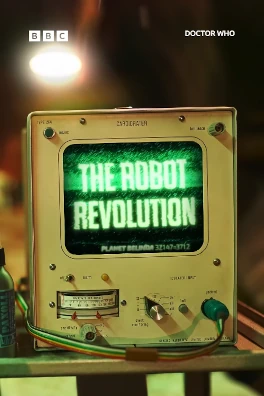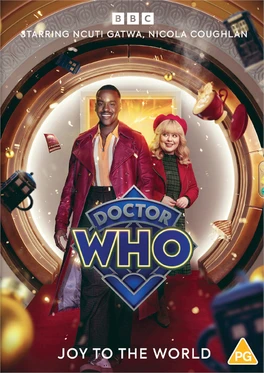This review contains spoilers.
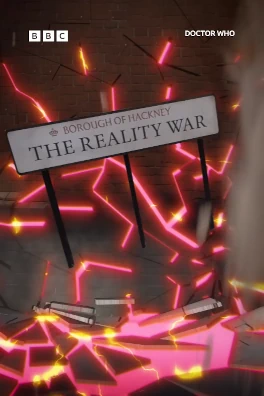
The technobabble and lore wank is even worse here than the previous episode. The Doctor talking about the Bone Beasts from the Underverse is so painfully flat compared to the much more to the point description of the actually-conceptually-very-similar monsters from Father’s Day. Kate all but calling out “Omega, he’s a thing from the ’70s!” to the audience is pathetic.
Is the Time Lord infertility from whatever the hell the Dhawan Master did? Who knows! The deftness of handling and recuperating elements from Chibnall that was present in the 60th anniversary specials is completely gone now.
When we get through all of that and the Doctor shoots the Binding of Isaac boss giant monster corpse baby that we are calling Omega with a big laser we get back to things that Davies is better at: The big emotional melodrama. This is still a mess (apparently not helped by a lot of last-minute reshoots so Gatwa can leave) but it’s a more compelling mess.
It was hard to tell what the hell they were doing with Poppy initially. The heterosexuality enforced by the wish world on the Doctor felt so wrong and it made him and Belinda pushing to keep Poppy so much come off as unsettling, especially just before Poppy disappears when they are acting so couple-y. Anything that is making Gatwa’s Doctor act straight cannot be right.
I think with the flashback scenes where they insert Belinda talking about getting back to Poppy in the context of previous episodes we are meant to understand that what we are seeing there is the “correct” timeline. That Poppy always existed and was always Belinda’s daughter and that her disappearing was not reality reasserting itself but one of the glitches like the border between Norway and Sweden moving and we have been seeing that glitched version of reality for the whole series up until now. That her demanding to get home at a particular date is meant to be recontextualised as always having been about Poppy.
But it’s as hard to swallow that as it was hard to swallow the Doctor acting so straight: Belinda as a mother seems like a different character who has been swapped in. She seems like she has been overriden by this new woman who only talks about being a mam. Maybe if she had been developed more as a character it would have allowed a sense of continuity to shine through but it comes across as the Doctor having semi-Stepford-wifed her by shooting magic sparks into the TARDIS.
Whittaker getting to be in a scene that’s good was a nice novelty and while it was certainly not the intent of the line I did laugh at little at the knife being twisted in the Thasmin shippers’ wounds again.
And well I guess the stuff with Susan went nowhere again. Maybe the Bad Wolf Doctor will meet her if that actually gets its own series.
